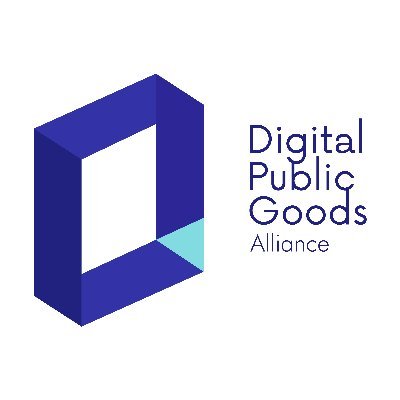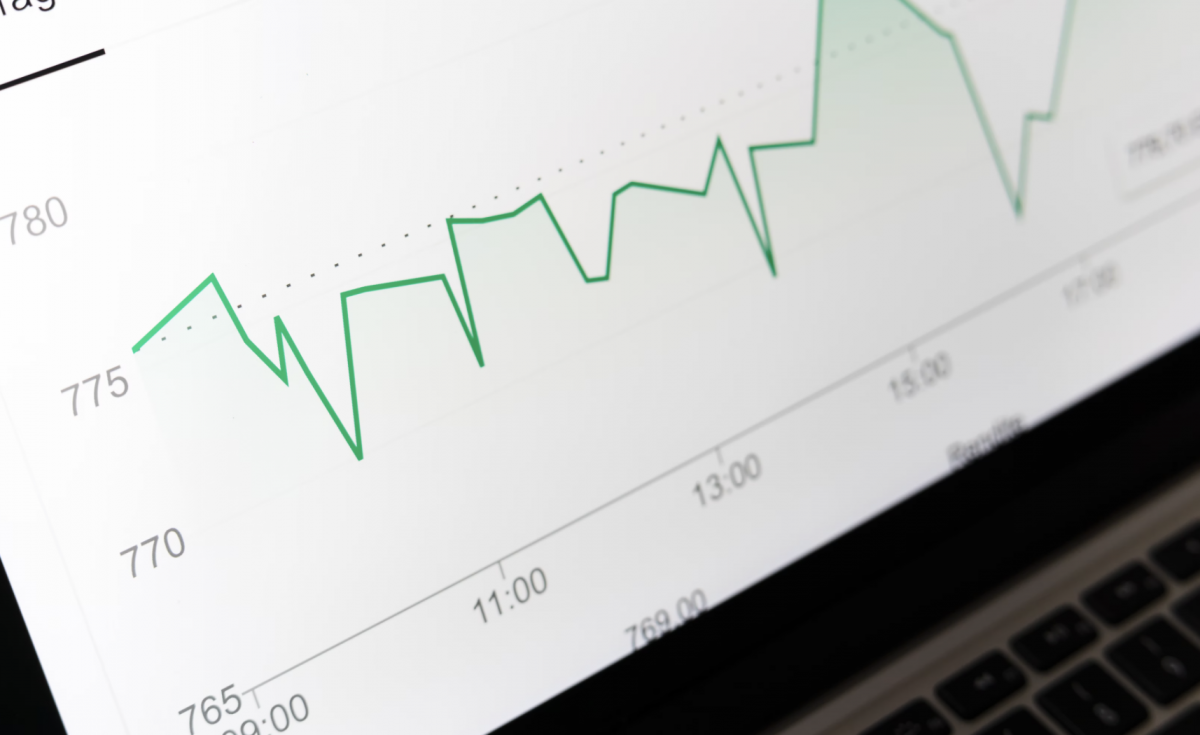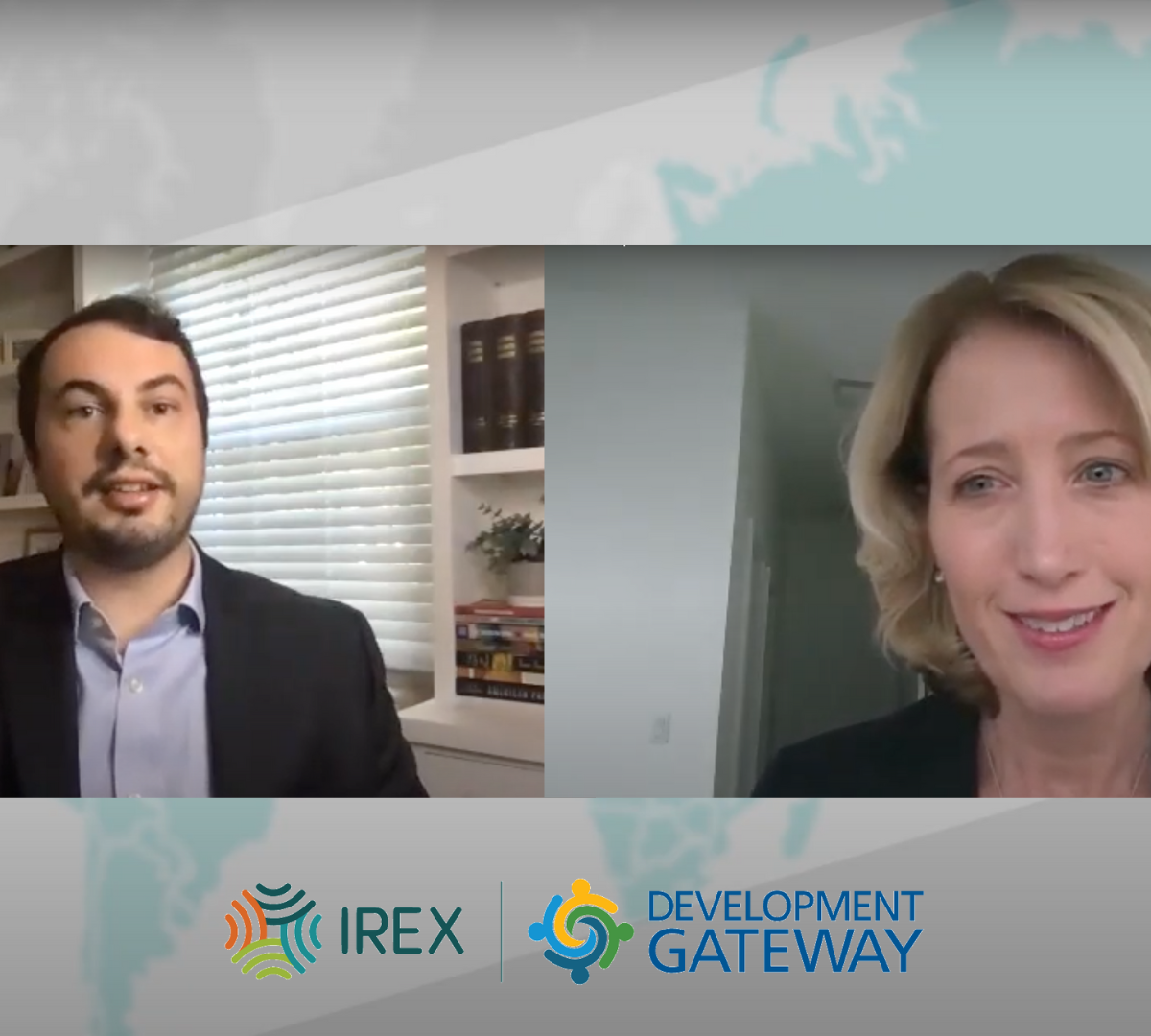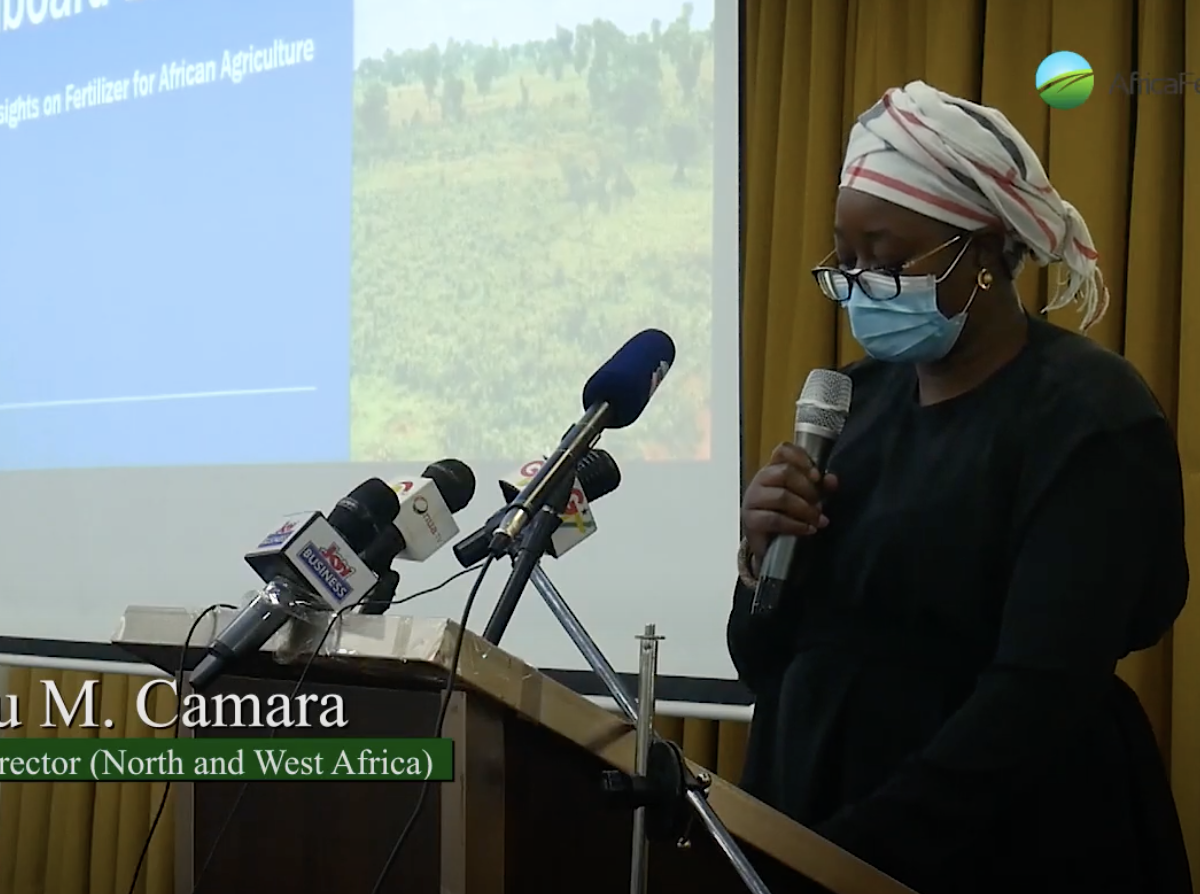The G20 Must Recognize the Power of Procurement for Social & Economic Good
This post was written in partnership with Accountability Lab. You can find the original post on their website here.
Public contracts are how governments do business. They are governments’ number one corruption risk, and where public funds leak into the illicit financial system. At over US $13 trillion annually, the public procurement market wields enormous economic power. From improving equity to fighting the climate crisis, improving the quality of education to delivering world-class infrastructure, G20 governments can do better by buying better.
Procurement deserves a strategic seat at the top table across all of the Italian G20 presidencies. Anti-corruption priorities and open contracting solutions can drive progress in all of the following four areas.
Emergency Response
Procurement was suddenly front and center throughout the pandemic as governments adopted a hunger games approach to securing emergency supplies for the pandemic response. From soda bottles that arrived in the place of test tubes, we have seen the headlines of fraud, waste, and corruption around the world. But this state of play is not a foregone conclusion. By learning the lessons from this pandemic, we can ensure governments put systems in place to buy fast, open and smart from the outset of the next emergency.
Emergency purchases are more prone to corruption, fraud, price-gouging or misuse of funds, making access to open data even more essential for civil society to monitor spending and provide market transparency. Real-time open data provides useful insights and analysis to both buyers and suppliers, and helps governments coordinate across agencies and departments to minimize the risk of corruption, price-gouging and fraud. The Open Contracting Partnership’s guide to COVID-19 data outlines what is most important to collect, publish, and visualize including items procured in response to COVID-19, price, and quantity of each item, awarded suppliers, locations that items are being procured for, and total cost.
Open contracting approaches include consultation with industry, civil society and communities. This important aspect from planning through to implementation makes sure procurements are goal-oriented, prioritizing purchases and which communities are in urgent need of it. Throughout the pandemic, we have seen how traditionally marginalized communities have been hardest hit, exacerbating existing inequalities. Digital tools and quality data can support the clear identification of procurement needs, aggregation of demand and distribution, identification of reliable suppliers, and plans for deployment.
Combating Organized Crime
Better data allows governments to track the flow of money from planning to tendering and awarding. Further, to implement contracts and to track the companies and the beneficial ownership of those companies who have won contracts. Without high definition information governments have little defense against fraud and abuse and also infiltration by organized crime. A recent OLAF study shows that direct public loss in public contracts amounted to 18% of the overall project budgets concerned, of which 13% can be attributed to corruption. Another study suggests the EU loses around EUR 5 billion to corruption in procurement every year.
The Idiot’s Guide to Looting Public Procurement by the Open Contracting Partnership describes methods by which procurement and contracting can be abused. To address key vulnerabilities, public information needs to go beyond the bidding and award stages of contracts to look at how they are planned and delivered. Red flag tools can be used to monitor risks and questionable awards using indicators such as the number of open versus closed procedures, number of new entrants winning government contracts, patterns of bidding (if bidding information is being collected and stored), average number of bidders, single bid tends by department, unusual levels of winner concentration and more.
And beneficial ownership data to complement contracting data is essential to ensure organized crime does not infiltrate and pilfer public funds through procurement. The Beneficial Ownership Data Standard, which is being tested in seven countries globally by OpenOwnership, is the emerging best practice on tracking which ultimately controls companies. Bringing these two datasets together alongside a strong debarment regime will enable G20 governments to limit the risk of public money flowing into illicit financial markets.
Corruption in Sport
Currently, infrastructure expenditure around major sporting events has a poor track record of efficiency and integrity. Major infrastructure contracts for these events often take place outside of normal procurement frameworks as they involve a blend of public and private money, very specific timeframes, and complex works, delivery schedules, and supply chains. These special procedures are easily abused and there are examples of both massive cost overruns and public looting. As well, emergency procurement is also sometimes used directly even though such events are not emergencies.
Currently, a lot of the guidance on how to manage specific procurement procedures comes from an internal controls perspective (such as the new IOC and IPACS Good Practice guidance on procurement) but there is a gap in best practices of the public transparency and accountability of the public funds on these projects.
More open public processes and disclosure will also be good for encouraging more local participation and economic benefit from major sporting events too, especially if contracts are broken into smaller lots to support the local supply chain. This is about both making sure that the money is well spent as well as tracking the ethics and sustainability around major event procurement to deliver maximum benefits to local communities and strengthen public trust.
Measuring Corruption
It is important to empower civil society and government actors – such as State Audit Institutions – by establishing oversight bodies with access to real-time spending, inventory, and delivery data. Open procurement data can further help civil society groups detect corruption and monitor the effectiveness of service delivery.
Globally, we have seen governments such as Ukraine and Makueni County, Kenya strategically embrace procurement transparency and use internationally recognized disclosure standards such as the Open Contracting Data Standard (OCDS) to measure and address corruption challenges. Using a red flags approach to measure risk factors, unusual patterns of bidding or contract allocation can be scrutinized directly to check for potential problems as they occur, allowing different actors to monitor the level of risk across the system.
What’s Next?
Procurement has the power to strengthen the relationship of trust between citizens and their governments. If public money is not spent effectively, and citizens do not get the goods and services they deserve, trust is eroded and societies are weakened. We must seize the lessons learned from Covid 19 and choose to think differently about how governments can buy better. The new 3-year Action Plan is the perfect opportunity for the G20 to show leadership and build on the progress made at this year’s United Nations General Assembly Special Session Against Corruption (UNGASS) through:
- Collective action that brings together government, civil society, and industry through dedicated consultations on procurement, and where relevant ongoing procurement reform
- Plans, timelines, and budgets for eGP systems that embed transparency and standardized, structured, open data nationally
- Open contracting approaches promoted through G20 aid and their impact on eGP system selection
- Collaboration with international institutions like the IMF, World Bank, OECD, and other development banks to continually improve and share good public contracting practices that deliver social and economic value
Procurement is strategic and powerful. It is visible to citizens every day in the goods, works, and services they use. Let’s make the most of it by embracing innovation, quality open data, and digital platforms not only to fight corruption, but to promote better analysis insights & citizen engagement. Every dollar spent by a government should be invested wisely in tackling society’s most pressing challenges.
Share This Post
Related from our library

DG’s Open Contracting Portal Designated as a Digital Public Good
Digital Public Goods Alliance designated DG’s Open Contracting Portal as a digital public good in September 2022. The Portal provides procurement analytics that can be used to improve procurement efficiency and, in turn, reduce corruption and increase impact.


